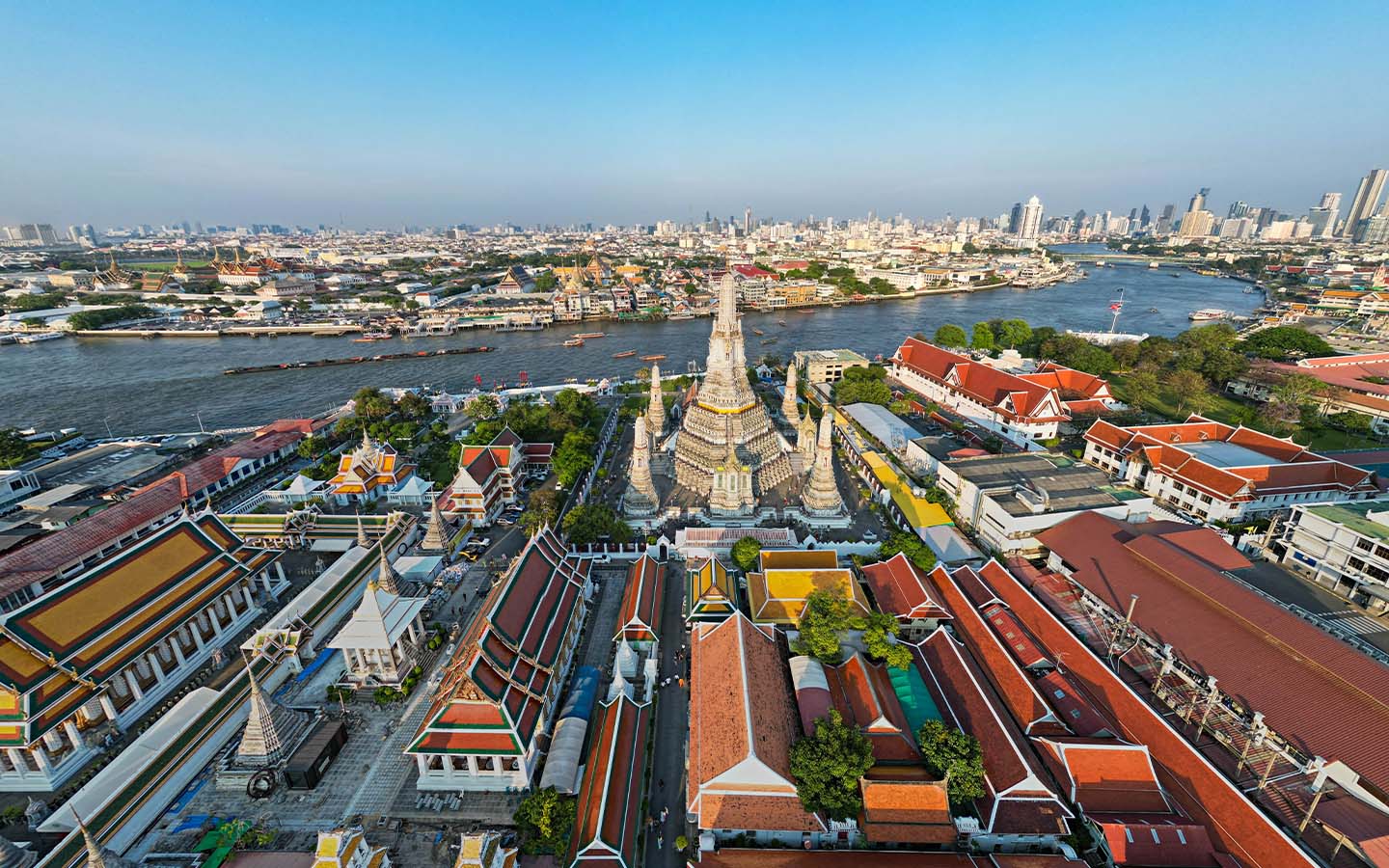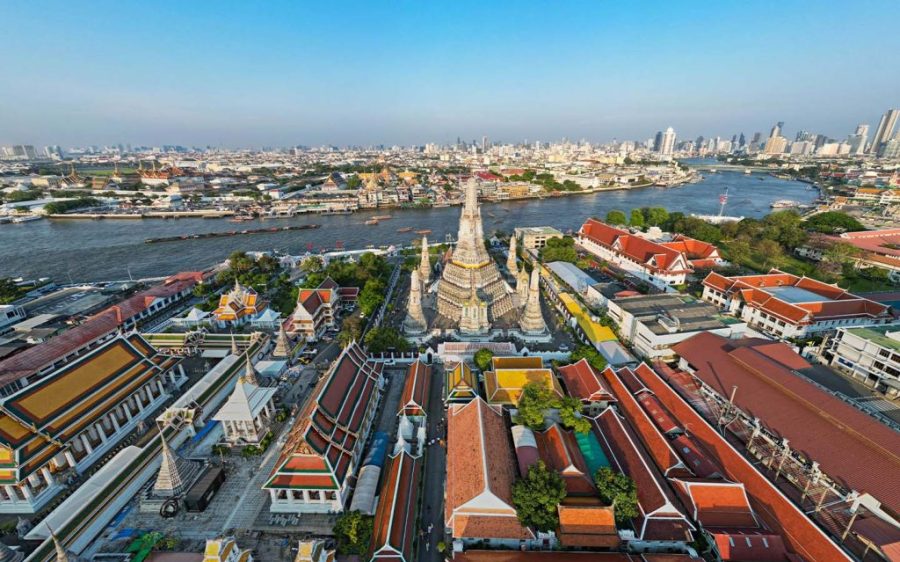Thai lawmakers are revamping the country’s gambling law, which currently prohibits casinos. The proposed legislative update would usher in an era of integrated resorts, meaning more regional competition for Macao’s own gaming industry.
The State Council has just released a 22-page draft of regulations outlining how the resorts would operate in Thailand – opening the floor to public comment until 18 August, Asia Gaming Brief reports. The draft suggests initial 30-year concession periods, 10-year extensions, and a 17 percent tax rate on gross gaming revenue. This is in contrast to Macao, where current concessions run for 10 years and the effective tax rate is more than twice what Thailand is proposing.
Major gaming operators Galaxy Entertainment, Las Vegas Sands and MGM Resorts have already expressed interest in setting up shop in the new market.
[See more: Smart gaming tables will ‘level the playing field’ in Macao, report says]
Thai Prime Minister Srettha Thavisin has voiced support for liberalising the local gambling industry, saying it would create jobs and generate tax revenues for the government, according to Reuters. Studies have forecast that a legal casino industry would boost Thailand’s tourism revenue by US$12 billion.
Thavisin has also acknowledged that illicit gambling is already rife in the country, where a lottery and wagers on state-controlled horse races are the only forms of betting allowed. “We do not want to promote gambling, but would rather supervise it and use the investment to create jobs,” Thavisin posted on social media earlier in the year. “We can regulate the grey economy and collect taxes.”
Thailand has been suffering from a lacklustre economy, post-pandemic, and legalising casinos would be one way of helping it bounce back. The county also just massively relaxed its visa policy for tourists, and is mulling the end of a 52-year-old ban on afternoon alcohol sales with the aim of spurring consumer spending.






